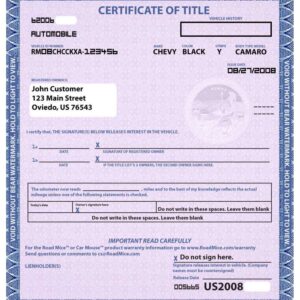Alabama car title transfer private sale
Navigating the Road Ahead: Your Complete Guide to Alabama Car Title Transfer Private Sale
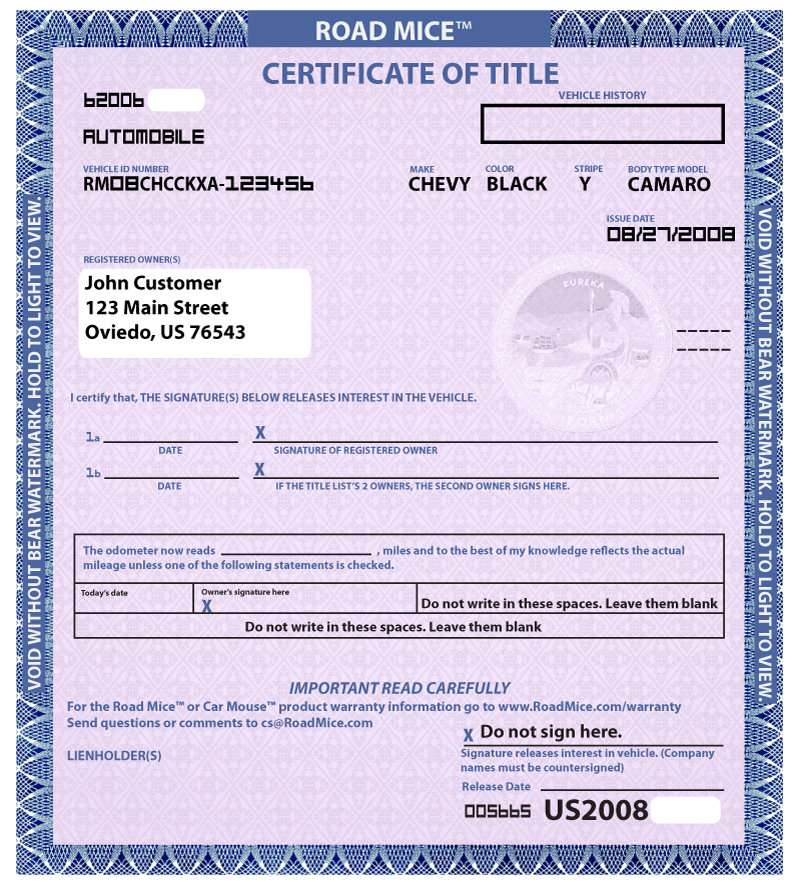
Selling or buying a car in Alabama through a private sale can be an exciting prospect, offering flexibility and potentially better deals than traditional dealerships. However, the excitement of a new ride or a successful sale can quickly turn to frustration if you don’t properly handle one of the most crucial steps: the Alabama car title transfer private sale. This isn’t just a formality; it’s the legal cornerstone that establishes ownership, protects both buyer and seller, and ensures a smooth transition on Alabama’s roads.
This comprehensive guide will demystify the entire process of transferring car title in Alabama form a private sale perspective. We’ll cover everything from preparing for the sale to completing the necessary paperwork at your local county tag and title office, ensuring you understand every nuance of Alabama auto title transfer. Whether you’re a seasoned seller or a first-time private buyer, understanding these steps is paramount to a hassle-free experience.
Why a Proper Title Transfer is Non-Negotiable in Alabama
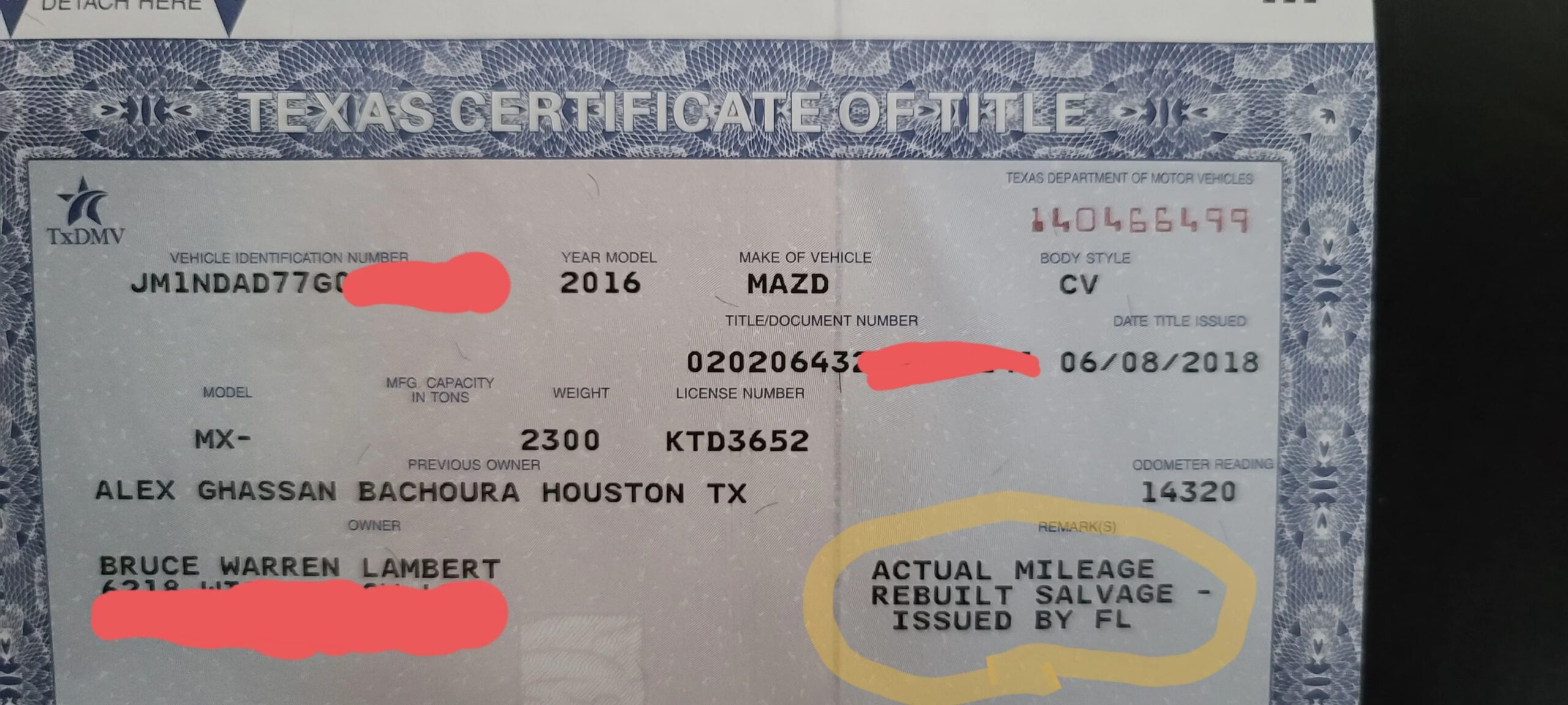
Before diving into the “how-to,” let’s clarify why proper title transfer is so important. A vehicle’s title is essentially its birth certificate and legal deed rolled into one. It proves who legally owns the vehicle. Without a correctly executed Alabama car title transfer, the buyer cannot register the vehicle, obtain license plates, or legally operate it on public roads. For the seller, failing to complete the transfer can leave them liable for tickets, accidents, or even legal issues associated with a vehicle they no longer possess.
The Alabama Department of Revenue (ALDOR) – not a “DMV” as in some states – oversees vehicle titles and registration. They require specific procedures to be followed for every private party vehicle sale Alabama, ensuring that ownership changes hands legally and transparently.
Understanding Alabama Car Titles: The Foundation

In Alabama, titles are generally required for all motor vehicles (cars, trucks, motorcycles, etc.) that are 1975 model year or newer, as well as mobile homes. Older vehicles might be exempt from title requirements, but they still need to be registered. For the purpose of this guide, we’ll assume you’re dealing with a titled vehicle.
The physical title document contains critical information, including:
- Vehicle Identification Number (VIN)
- Year, Make, and Model
- Odometer reading at the time of issue
- Owner’s name(s) and address
- Lienholder information (if applicable)
This document is what you’ll be transferring during your Alabama vehicle title transfer.
Phase 1: The Seller’s Checklist for an Alabama Private Vehicle Sale
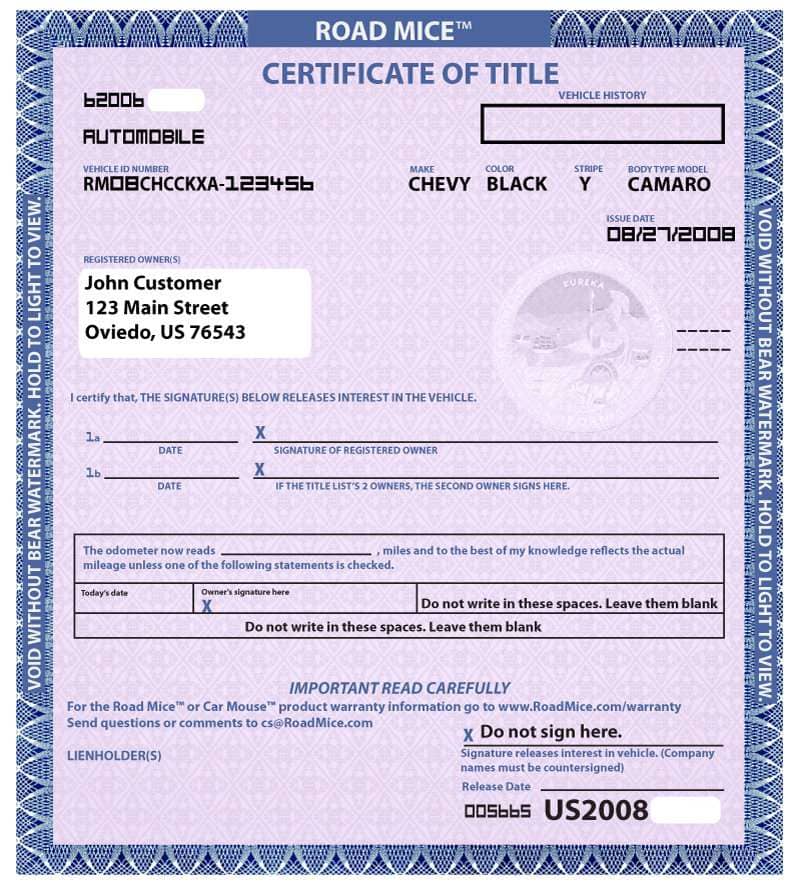
As the seller in an Alabama private vehicle sale, your responsibilities are crucial for a smooth transaction. Being prepared not only helps the buyer but also protects you from future liabilities.
1. Locate the Original Title
This is the absolute first step. You must have the original physical title in your possession. Electronic titles are becoming more common, but for private sales, the physical title is almost always required for endorsement. Ensure the title is in your name and that all information is accurate. If you have misplaced it, you will need to apply for an Alabama replacement title car through your local county tag and title office before you can sell the vehicle. This process involves submitting an Application for Replacement Certificate of Title (Form RV-A3) and paying a fee.
2. Address Any Existing Liens
If there is a lienholder listed on your title (e.g., a bank or credit union that financed your car), you do not legally own the vehicle free and clear. You’ll need to pay off the loan, and the lienholder must then release the lien. This is typically done by signing the “Lien Release” section on the title or by providing a separate lien release document. Without this, you cannot complete the Alabama transfer title process. Ensure the lien is fully satisfied and released before attempting to sell, or coordinate with the buyer and lienholder for a three-party transaction, which can be complex.
3. Complete the Odometer Disclosure
For vehicles less than 10 years old (and weighing under 16,000 lbs GVWR), federal law requires an odometer disclosure at the time of sale. This disclosure is typically found on the back of the Alabama car title. You, as the seller, must accurately record the mileage and sign it. This certifies that the mileage is accurate to the best of your knowledge. Misrepresenting the odometer reading can lead to severe legal penalties.
4. Prepare a Bill of Sale: Your Best Friend in an Alabama Private Vehicle Bill of Sale
While not always legally required by Alabama for the title transfer itself, a bill of sale is highly recommended for both the buyer and seller in any Alabama private party car sales. This document serves several vital purposes:
- Proof of Sale: It acts as a dated record of the transaction.
- Purchase Price: It clearly states the agreed-upon sale price, which is essential for the buyer to calculate sales tax.
- “As-Is” Clause: It can state that the vehicle is sold “as-is,” which offers the seller legal protection against post-sale complaints about the vehicle’s condition.
- VIN and Parties: It identifies the vehicle (by VIN) and both the buyer and seller.
Even if your local county office doesn’t explicitly ask for an Alabama private vehicle bill of sale during the title transfer, having one provides an invaluable paper trail. You can find generic bill of sale forms online or create one yourself.
5. Signing the Title Over to the Buyer
This is the moment of truth. On the back of the Alabama Certificate of Title, you will find a section labeled “Assignment of Title by Seller.” Here, you will:
- Print your name(s) as it appears on the front of the title.
- Sign your name(s) exactly as it appears.
- Enter the selling price.
- Fill in the date of sale.
- Complete the odometer disclosure (as mentioned above).
- Provide the buyer’s name and address.
Ensure all fields are filled out clearly and accurately. Any errors or alterations on the title can cause significant delays at the tag and title office. It’s best to complete this section together with the buyer. Do NOT use correction fluid or cross out information. If a mistake is made, you might need to apply for a duplicate title or submit an affidavit explaining the error.
Phase 2: The Buyer’s Journey – Completing Your Alabama Car Title Transfer Private Sale

As the buyer, you are responsible for officially taking ownership and registering the vehicle. This involves several critical steps to ensure your car title transfer in Alabama is successful.
1. Due Diligence Before Purchase
Before handing over any money, verify the seller’s identity and the information on the title.
- Match names: Ensure the seller’s ID matches the name(s) on the title.
- Check VIN: Verify the VIN on the title matches the VIN plate on the vehicle (dashboard and driver’s side door jamb).
- Inspect for Liens: Look for any lienholder listed on the title. If one is present, ensure it has been properly released.
- Get a Bill of Sale: Insist on an Alabama private vehicle bill of sale. This protects you regarding the purchase price for sales tax calculation and proves the transaction.
2. Gathering Your Documents for Alabama Transfer Car Title
Once the sale is complete, you’ll need to assemble the following documents to complete your Alabama title transfer:
- The Original Title: This is the most important document, properly signed and filled out by the seller in the “Assignment of Title by Seller” section, including the odometer disclosure.
- Bill of Sale (Highly Recommended): As discussed, this proves the purchase price and date, which is crucial for sales tax assessment.
- Proof of Alabama Insurance: You cannot register a vehicle in Alabama without valid liability insurance. Have your insurance card or policy declaration ready.
- Valid Photo ID: Your driver’s license or state-issued ID.
- Proof of Residency: If your ID does not show your current Alabama address, you may need additional proof.
3. Where to Go: Your Local County Tag and Title Office
Unlike some states with a “DMV,” Alabama handles vehicle registration and title transfers at the County Tag and Title Office (sometimes called Probate Office or Revenue Commissioner’s Office, depending on the county). You must visit the office in the county where you reside.
It’s important to note: While keywords like “Alabama DMV title transfer” are common search terms, Alabama does not have a “DMV.” Always look for your local County Tag and Title Office or the Department of Revenue (ALDOR) for official information.
4. Completing the Application for Certificate of Title
At the county office, you will need to complete an Application for Certificate of Title (Form MVT 5-13C or a similar county-specific version). This form will ask for:
- Your personal information (name, address, driver’s license number).
- Vehicle information (VIN, make, model, year).
- Odometer reading.
- Purchase price.
- Lienholder information (if you are financing the vehicle).
The staff at the county office can assist you if you have questions about filling out the Alabama vehicle title transfer form.
5. Paying the Fees: How Much is a Title Transfer in Alabama?
This is where the financial aspect comes in. When transferring car title in Alabama, you will typically pay several fees:
- Title Transfer Fee Alabama: The state title fee is generally modest, often around \$15. This is the fee specifically for changing ownership on the title.
- Sales Tax: This is usually the most significant cost. Alabama state sales tax on vehicles is 2%, but many counties and cities levy additional local sales taxes. This tax is calculated on the purchase price of the vehicle, as declared on your bill of sale. If you traded in a vehicle, the sales tax is typically calculated on the difference between the new vehicle’s price and the trade-in value.
- Registration/Plate Fees: You will also pay fees to register the vehicle and obtain your license plate (or renew an existing one). These fees vary by vehicle type and county.
- Issuance Fee: A nominal fee charged by the county for issuing the registration/plate.
Example: If you purchase a vehicle for $10,000, and your combined state and local sales tax rate is 3.5%, you would pay $350 in sales tax, plus the state title fee and registration fees. Always check with your local county tag and title office for the precise fees applicable in your area.
6. Receiving Your New Title and Registration
Once you’ve submitted all the documents and paid the fees, the county office will:
- Issue you a new registration certificate and possibly a temporary tag (if you don’t have plates to transfer) immediately.
- Process your application for a new title. The physical title document, indicating you as the new owner, will then be mailed to you directly from the Alabama Department of Revenue. This process typically takes a few weeks. The new title is your official Alabama made title transfer record.
Key Considerations and Common Pitfalls to Avoid
Even with a step-by-step guide, certain situations require extra attention during an Alabama auto title transfer.
Dealing with Liens on the Title
If the seller has a lien on the title, it must be released before the title can be transferred to you.
- Seller’s Responsibility: The seller should obtain a lien release document from their lender or have the lender sign off on the title itself.
- Buyer’s Caution: Never pay for a vehicle with an active lien unless you are doing so directly to the lienholder in a controlled transaction, ensuring the lien is immediately satisfied. Otherwise, you risk buying a vehicle that still legally belongs to the bank.
Alabama Replacement Title Car (If Seller Lost Original)
If the seller cannot locate the original title, they must apply for an Alabama replacement title car before the sale can proceed. This adds time and a small fee to the process. Do not proceed with the sale if the seller only has a copy or promises to get a replacement after you pay.
Timelines for Transferring Car Title in Alabama
Alabama law generally requires buyers to register and title a newly purchased vehicle within 20 calendar days of the date of purchase. Failing to do so can result in penalties and fines. Prompt action is always best.
Sales Tax on Private Sales
Yes, you must pay sales tax on a private party vehicle sale Alabama. The sales tax is paid at the time of registration and title transfer. The tax is based on the declared purchase price. Be honest about the price on your bill of sale, as undervaluing a vehicle to avoid tax can lead to legal issues.
Mistakes on the Title
If you or the seller makes a mistake while filling out the “Assignment of Title by Seller” section, do NOT use correction fluid or heavily cross out information. This can invalidate the title. You may need to have the seller apply for a duplicate title or submit an affidavit explaining the error along with the original title. Contact your county tag and title office immediately for guidance.
Alabama Out of State Title Transfer / Out-of-State Transactions
- Buying an Alabama titled vehicle and moving it out of state (e.g., Alabama vehicle title transfer to Florida): The process for the seller remains the same. The buyer, now in another state, will follow their new state’s procedures for an out-of-state title transfer, presenting the properly assigned Alabama title.
- Bringing an Out-of-State Titled Vehicle into Alabama: If you bought a car from another state and are bringing it to Alabama, you will follow a similar process to the buyer’s steps above. You’ll present the out-of-state title (properly assigned by the seller), a bill of sale, and proof of Alabama insurance to your local county tag and title office. They will then issue an Alabama title and registration.
Alabama Car Title Transfer After Death
This guide focuses on private sales between living individuals. Alabama car title transfer after death involves a different and often more complex process, usually requiring probate court documents (e.g., Letters Testamentary or Letters of Administration) to establish legal authority to transfer the vehicle. If you are dealing with a vehicle from an estate, it’s best to consult with the county tag and title office or an attorney for specific guidance on Alabama transfer vehicle title after death.
The Truth About Alabama Title Transfer Online and Alabama Car Title Transfer Online
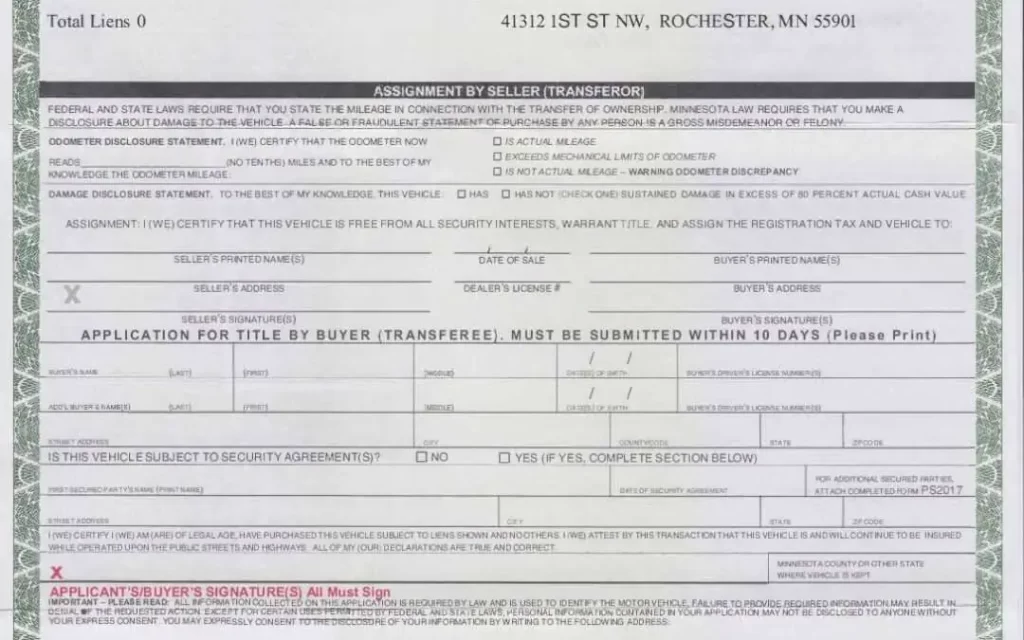
Many people search for “Alabama title transfer online” or “Alabama DMV title transfer online,” hoping to complete the entire process from home. It’s crucial to understand that, for an initial private sale title transfer, you generally cannot complete the entire process online in Alabama.
While the Alabama Department of Revenue (ALDOR) website offers some online services, such as:
- Online Tag Renewal: For existing registrations.
- Access to Forms: You can download the Alabama vehicle title transfer form (MVT 5-13C) or the Alabama transfer title form (RV-A1 for tag and title application) to print and fill out beforehand.
- Information Lookup: Vehicle information, estimated taxes.
You will almost always need to visit your local county tag and title office in person to submit the physically signed title, show proof of insurance, and pay the various fees and taxes. The in-person visit allows for verification of documents and signatures, which is critical for preventing fraud.
The Undeniable Benefits of a Correctly Executed Alabama Car Title Transfer Private Sale
Taking the time and effort to correctly execute an Alabama car title transfer private sale provides immense benefits for both parties:
- Legal Ownership: For the buyer, it establishes undisputed legal ownership, allowing you to register the vehicle, get plates, and drive it legally.
- Protection from Liability: For the seller, it officially removes your name from the vehicle, absolving you of responsibility for any future accidents, parking tickets, or other issues related to the car.
- Peace of Mind: Knowing the transaction is fully compliant with Alabama law offers peace of mind for both buyer and seller.
- Future Resale: A clean title history makes it much easier to sell the vehicle again in the future.
- Insurance & Financing: You can secure insurance and financing easily with a properly titled vehicle.
Conclusion: Your Smooth Path to Ownership in Alabama
The process of an Alabama car title transfer private sale might seem daunting at first glance due to the paperwork and specific requirements. However, by understanding the roles of both buyer and seller, preparing the necessary documents, and knowing exactly where to go and what to expect, you can navigate it with confidence. Remember, the car title in Alabama is the key to legal ownership and a smooth transition.
Always prioritize accuracy, completeness, and prompt action. When in doubt, contact your local county tag and title office or visit the official Alabama Department of Revenue website for the most current and authoritative information. By following these steps, your private vehicle sale in Alabama will be a successful and legally sound endeavor, leaving you free to enjoy the open road.
Frequently Asked Questions (FAQs) about Alabama Car Title Transfer Private Sale
Q1: What documents do I need for an Alabama car title transfer private sale as a buyer?
A1: As a buyer, you will primarily need the original vehicle title, properly signed and completed by the seller, including the odometer disclosure. A bill of sale is highly recommended. You’ll also need proof of Alabama liability insurance, your valid photo ID, and payment for fees and taxes.
Q2: How much does a title transfer fee Alabama cost?
A2: The state title fee is typically around $15. However, you will also pay sales tax (state and local, varying by county) on the purchase price, as well as vehicle registration and license plate fees, which vary by vehicle type and county. It’s best to check with your local county tag and title office for exact figures.
Q3: Can I do an Alabama title transfer online?
A3: Generally, no. While you can download forms and access information online, the initial Alabama car title transfer online for a private sale usually requires an in-person visit to your local County Tag and Title Office to submit the physical, signed title, show proof of insurance, and pay fees. Online processes are primarily for renewals or specific information lookups.
Q4: What if the seller lost the original title for an Alabama private party car sales?
A4: If the seller has lost the original title, they must apply for an Alabama replacement title car before they can legally transfer ownership to you. Do not purchase a vehicle without the original, properly assigned title. The replacement title application takes time and a fee.
Q5: How long do I have to transfer a car title in Alabama after a private sale?
A5: Alabama law requires buyers to register and title a newly purchased vehicle within 20 calendar days from the date of purchase. Failure to do so can result in penalties or fines.
Q6: Do I need a bill of sale for a private party vehicle sale Alabama?
A6: While a private vehicle sale title transfer might not always explicitly require a separate bill of sale for the county office, it is highly recommended. An Alabama private vehicle bill of sale serves as proof of the purchase price (crucial for sales tax), documents the “as-is” condition, and provides a clear record of the transaction for both buyer and seller.
Q7: What’s the difference between DMV and the Alabama agency for titles?
A7: Unlike many other states that have a Department of Motor Vehicles (DMV), Alabama’s vehicle titles and registration are handled by the Alabama Department of Revenue (ALDOR) at the state level, and administered locally through your County Tag and Title Office (which could be the Probate Office or Revenue Commissioner’s Office depending on your county). There is no “Alabama DMV title transfer” in the traditional sense.
Q8: Do I have to pay sales tax on an Alabama private vehicle sale?
A8: Yes, you must pay Alabama sales tax on the purchase price of a privately sold vehicle. This tax, which includes state and local portions, is collected at the time you complete your transfer vehicle title Alabama and register the vehicle at your county office.
Q9: How do I handle a lien on the title when buying for transferring car title in Alabama?
A9: If the title shows an active lienholder, the lien must be released before you can legally transfer the title into your name. The seller is responsible for paying off the loan, and the lienholder must then provide a lien release, either by signing the title or providing a separate document. Never finalize a purchase without verification that the lien has been satisfied.
Q10: What if I’m doing an Alabama vehicle title transfer to Florida?
A10: As the seller in Alabama, your process remains the same: properly sign over the Alabama title to the buyer. The buyer, now in Florida, will then follow Florida’s specific procedures for an out-of-state title transfer, presenting the Alabama title to their local Florida County Tax Collector’s office.
Showing the single result



